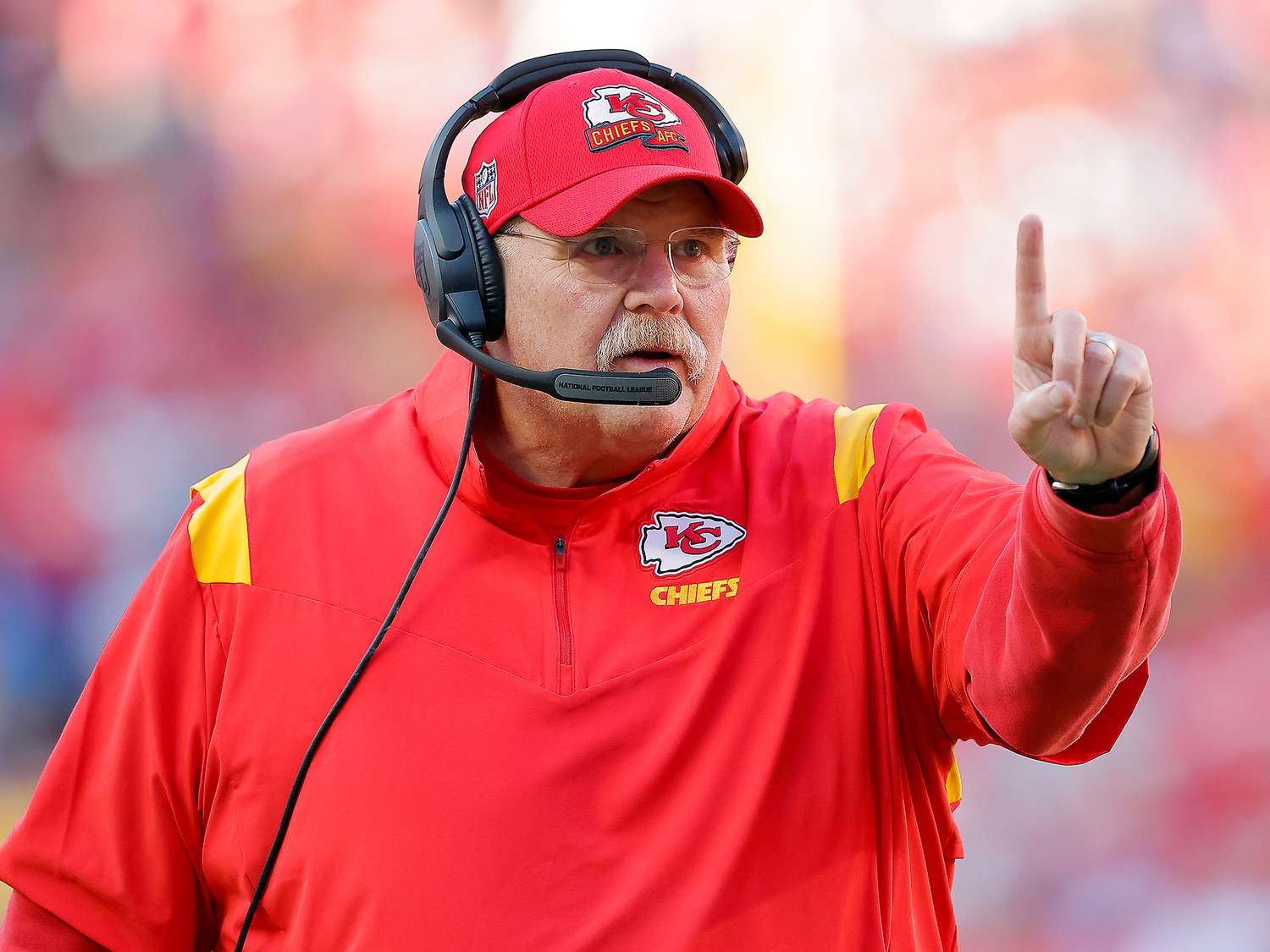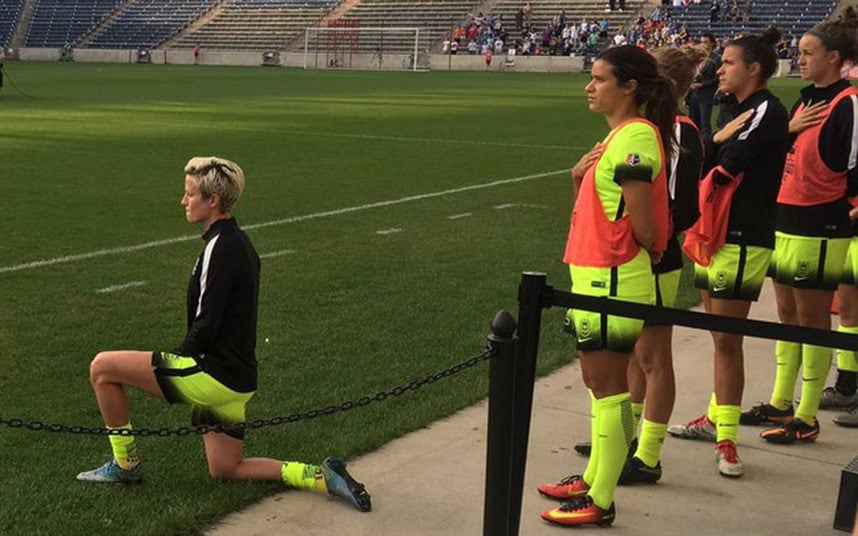
Andy Reid’s take on anthem protests: Call for tougher consequences
Andy Reid, the esteemed head coach of the Kansas City Chiefs, has taken a bold stance on the controversial issue of athletes kneeling during the national anthem. In a recent petition to the sports federation, Reid called for all medals to be revoked for athletes who kneel during the national anthem. His statement sparked a heated debate that touched on the complex intersection of sports, patriotism, and activism.
Reid’s views reflect a growing sentiment among some segments of the public who see kneeling during the national anthem as a sign of disrespect for the nation and its symbols. For many, the national anthem represents the sacrifices of countless individuals for the freedoms and rights we enjoy today. They see standing for the anthem as a simple yet powerful gesture of solidarity and respect. Reid’s call for harsher consequences stems from this sentiment, suggesting that those who choose to kneel do not uphold the values their medals represent.

This stance is not without its critics, however. Kneeling during the national anthem has become an important form of protest, particularly against racial injustice and police brutality. Initiated by NFL player Colin Kaepernick in 2016, the gesture was never intended to be a rejection of the country itself, but rather a call to action for the country to live up to its ideals of equality and justice for all. It is a way for protesters to use their platform to draw attention to issues that affect millions of Americans, especially people of color.
Reid’s motion raises important questions about the role of athletes in society and the limits on their freedom of speech. Should athletes be punished for using their platforms to advocate for social change, or should their actions be considered a legitimate form of peaceful protest? The debate also touches on the broader issue of how patriotism is defined and who gets to decide what constitutes respect for the nation.

Stripping medals from athletes for kneeling during the national anthem would be a drastic measure, one that could have far-reaching implications for the world of sports. It would set a precedent for how political and social activism is treated in sports, potentially discouraging athletes from speaking out on important issues. It would also raise concerns about the balance between respecting national symbols and protecting individual rights.
In short, Andy Reid’s call to revoke medals for athletes who kneel during the national anthem highlights a deep divide in how Americans view patriotism and protest. While some see kneeling as disrespectful and deserving of punishment, others see it as a courageous act of justice. The resolution of this debate will not only shape the future of sports, but also reflect broader societal values about freedom of speech and the pursuit of equality.